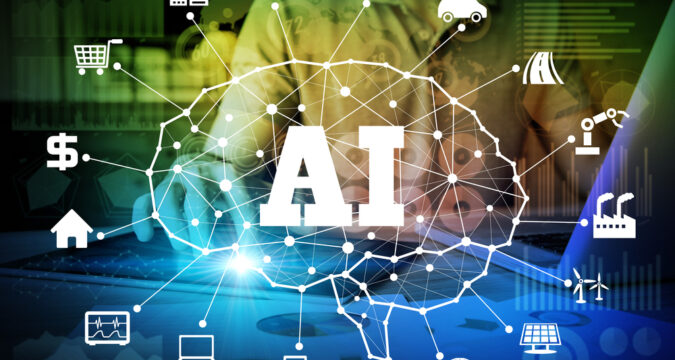
Investors Question the Financial Viability of AI
The recent market performance of major tech companies has brought attention to growing concerns about the value of AI investments. Earlier this week, stock prices of major players in the AI industry, including Microsoft, Nvidia, Alphabet, Apple, Amazon, and Meta, recorded a significant drop.
Although these stocks quickly recovered, the dip highlighted investors’ unease regarding the massive sums poured into AI development. Meta, for example, has outlined plans to spend up to $40 billion on AI research and development in 2024.
Microsoft has already committed $56 billion and would likely increase this amount. Google also projected $12 billion in AI-related expenditures each quarter. Despite these enormous investments, tangible results remain elusive.
Nevertheless, Tech CEOs like Sundar Pichai of Google and Mark Zuckerberg of Meta defend these investments, stressing that the risks of underinvesting in AI could be severe. They argued that developing robust AI systems requires significant resources and time.
However, many investors express concerns, citing the early 2000s dot-com bubble, where many lost various amounts of money due to overhyped promises.
OpenAI’s Revenue Return and AI Investors’ Anxiety
Meanwhile, the anxiety among investors is further compounded by the performance of companies like OpenAI, which has yet to deliver substantial financial investment returns despite its high-profile status. Reports suggest that OpenAI’s revenue run rate is around $3.4 billion annually— a figure dwarfed by the capital invested in the firm, particularly by Microsoft, which holds a 49% stake in the company.
Moreover, much of OpenAI’s revenue is driven by products like ChatGPT, which many criticize for its limited practical applications. The technology has been labeled as producing results often unsuitable for serious business use, leading to skepticism about its commercial viability.
Even though Nvidia, another key player in the AI space, has maintained strong earnings, concerns are growing about its dependency on the AI sector. Some hedge funds have questioned whether AI is truly ready for widespread adoption.
Notably, Microsoft projected that it may take up to 15 years to see significant returns on its investments in OpenAI. Meta shares a similar outlook, suggesting that generative AI will yield returns over an extended period.
However, such long timelines are troubling for investors in publicly traded companies, who typically seek quicker returns on their investments. The ongoing uncertainty has led figures like Warren Buffett to reconsider their positions in tech stocks, with Buffett offloading a substantial portion of his Apple stock earlier this year. This move signals a growing caution among investors, who are reassessing their investment strategies accordingly.
Anthropic Launches $15K AI Jailbreak Bounty Program
Meanwhile, artificial intelligence company Anthropic has introduced a new bug bounty program, offering rewards of up to $15,000 for those who can successfully “jailbreak” its upcoming AI model. This program is part of Anthropic’s ongoing efforts to ensure the safety and security of its AI systems.
Anthropic’s AI model, Claude-3, is designed to be a generative AI system, similar to widely known models like Google’s Gemini and OpenAI’s ChatGPT. To ensure these models operate safely and securely, Anthropic engages in “red teaming.”
This process involves deliberately testing the AI to find ways it could be manipulated or tricked into producing harmful or undesirable outputs. During red teaming, engineers rephrase questions and queries to see if they can bypass the model’s safety features.
The goal is to identify any potential weaknesses or vulnerabilities in the system. An example is preventing the AI from inadvertently releasing personally identifiable information that it has learned from its training data.
Enhancing Claude-3 Security
It is worth noting that the company plans to expand the AI’s security program in the future, allowing more people to participate and help improve the model’s security. The approach reflects a broader trend in the AI industry, where companies increasingly involve the community in testing and securing their products.
By offering significant financial incentives, Anthropic aims to attract skilled researchers who can help uncover and address potential vulnerabilities before the model is released to the public. Thus, the AI can operate safely and effectively, minimizing the risk of misuse or unintended consequences.


